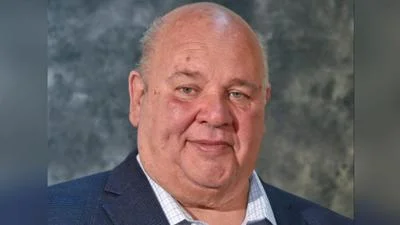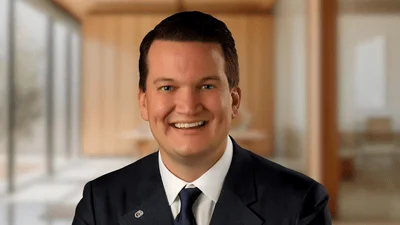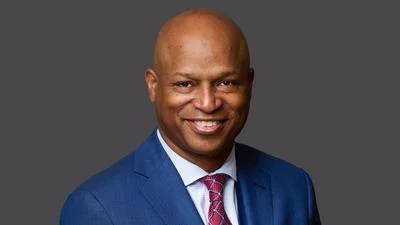Hemmingway in Oak Park circa 1919 | By Unknown or not provided (U.S. National Archives and Records Administration) [Public domain], via Wikimedia Commons
Hemmingway in Oak Park circa 1919 | By Unknown or not provided (U.S. National Archives and Records Administration) [Public domain], via Wikimedia Commons
Ernest Hemingway: Nobel Prize winner, beloved American author, hunter, cat lover and ... spy?
So argues Ernest Nicholas Reynolds, a CIA archivist, in his book, Writer, Sailor, Soldier, Spy: Ernest Hemingway's Secret Adventure. Reynolds avows that his research proves that the Oak Park native son affectionately known as "Papa" also agreed to do some undercover work for the Soviet Union in 1940.
Hemingway was fairly apolitical prior to the Spanish Civil War, but while reporting from Spain he had his first encounter with Soviet intelligence, Reynolds says. Since he had grown more vocally anti-fascist during his time in Spain, Hemingway was recruited as a sort of ideological ally.
Of course, Hemingway wasn't the first cultural figure to deal with Soviet Russia, which was in fact an ally of the United States during the middle of World War II, when the author put on his spy cap.
Plus, "Papa" was even more terse with the Russians than he was in his writing, offering little to nothing in the form of intelligence, according to files Russia has released. In fact, FBI boss J. Edgar Hoover wrote that Hemingway was most definitely not a communist.
Hemingway became particularly concerned with the post-war McCarthyism that gripped the United States, writing letters to an Army friend that indicated a fear of being called before a committee to testify about his Soviet contacts. That terror ultimately manifested into a full-blown paranoia about secret agents hiding under his bed, although no inquiry ever took place.
Reynolds says the FBI never investigated Hemingway nor did it think he spied for Soviet Russia. Instead, Reynolds says Hoover described Hemingway -- who took his own life in 1961 -- as a “rough, tough guy, and he was always for the underdog.”






 Alerts Sign-up
Alerts Sign-up